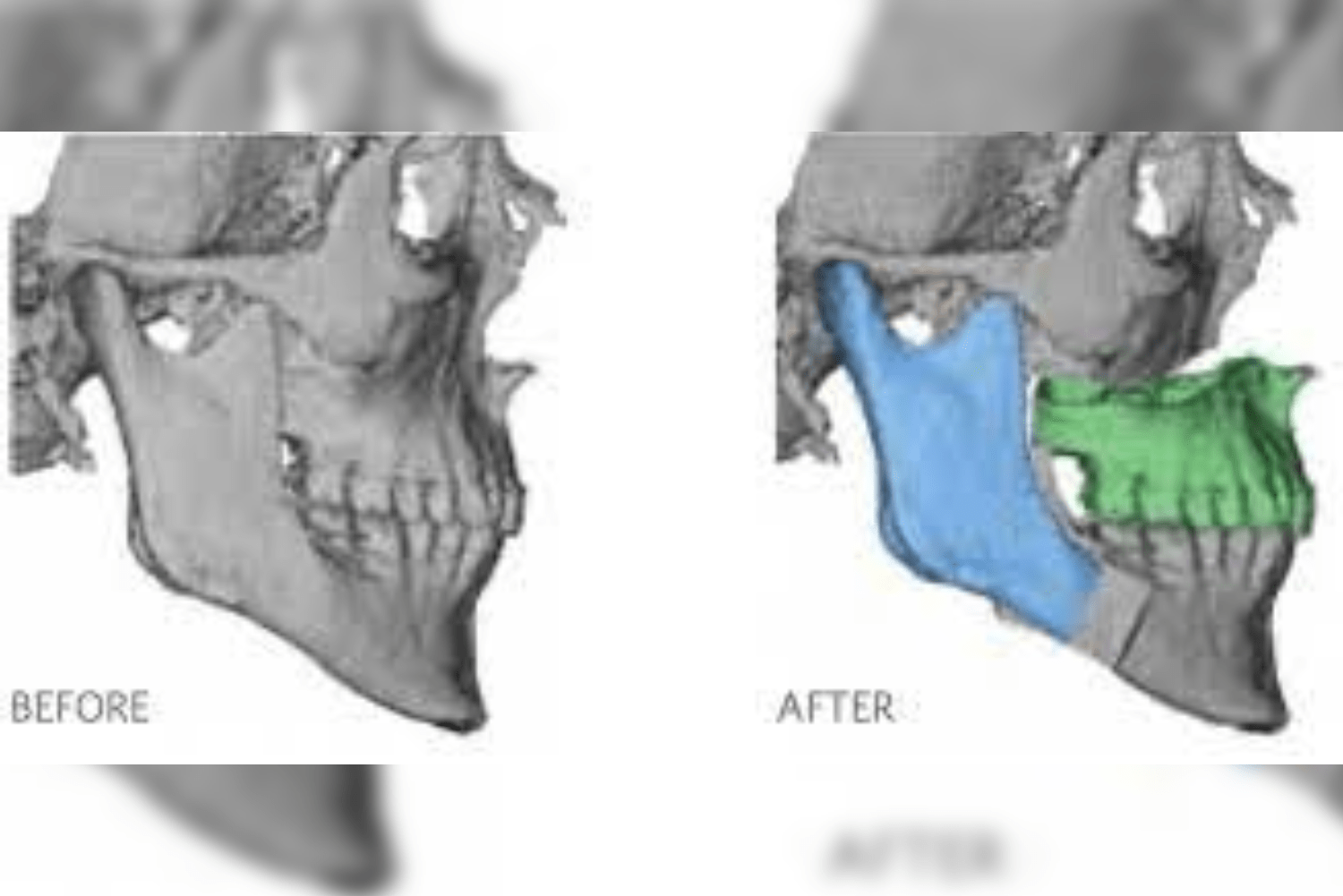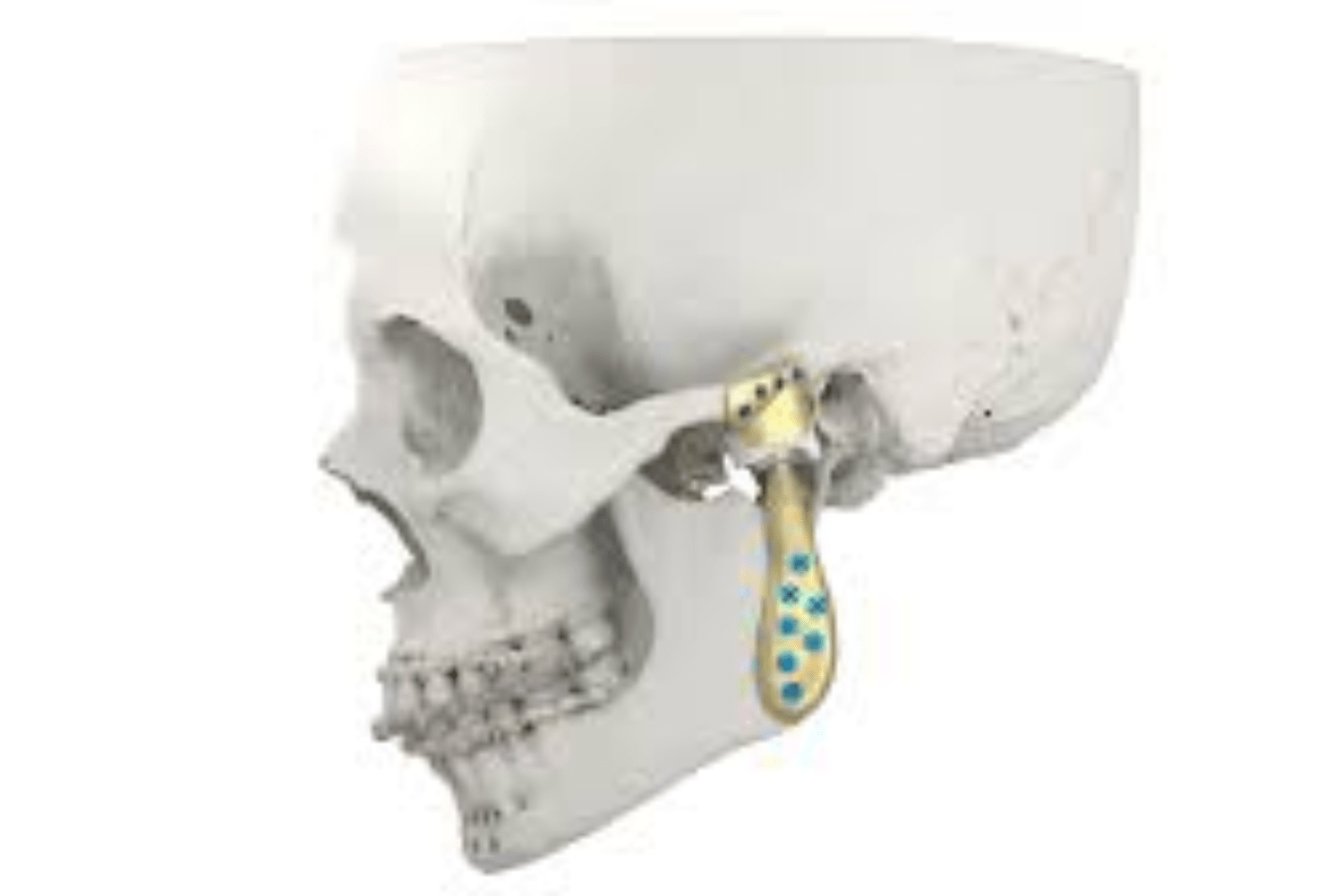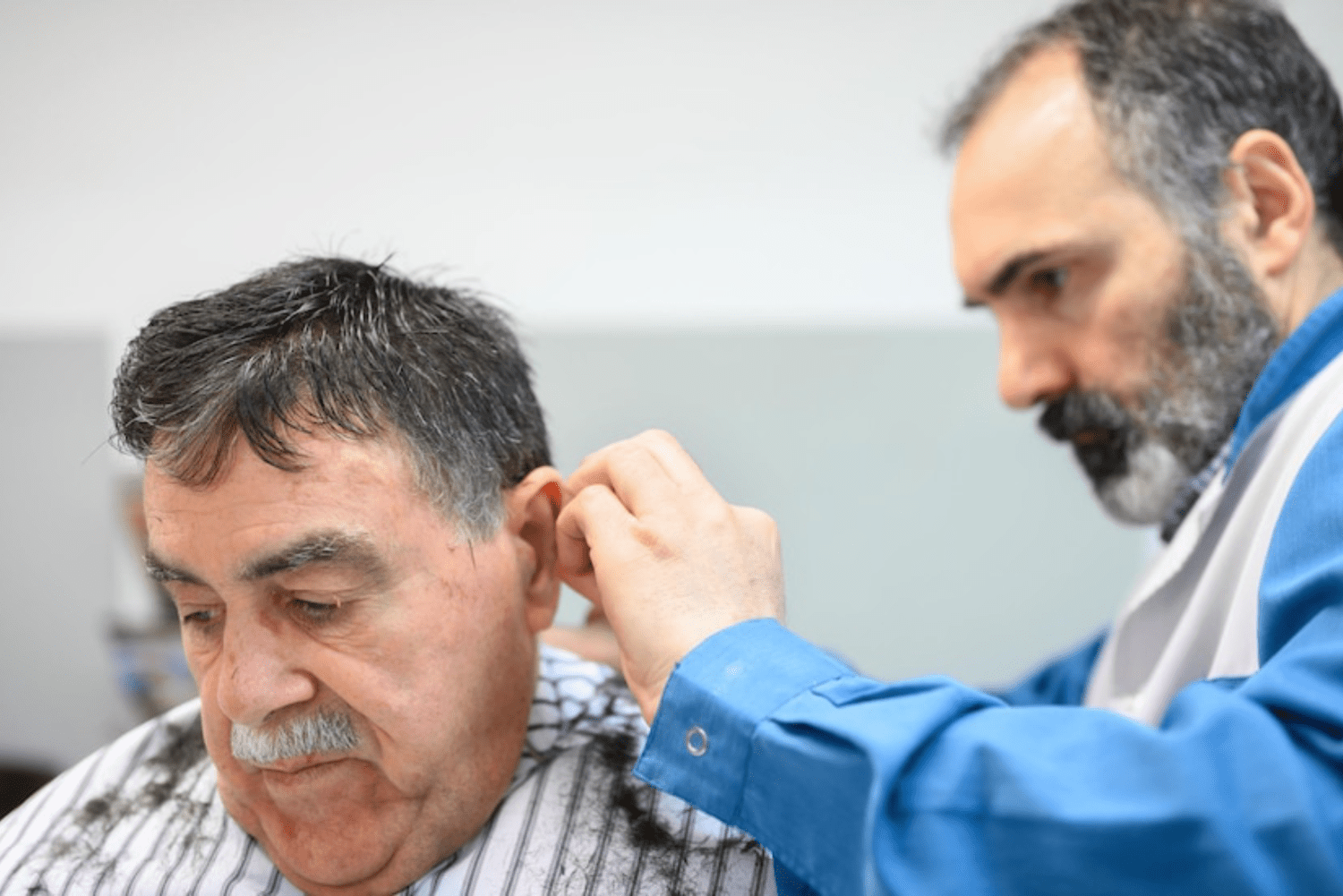Ayurveda’s scope in developmental medicine extends to addressing health issues across the lifespan, focusing on holistic well-being and promoting sustainable health practices. It encompasses preventive measures, tailored treatments, and lifestyle guidelines to address imbalances at various stages of life — including reproductive, maternal, and child health — as well as managing chronic and noncommunicable diseases. The Scope of Ayurveda in Modern Medicine continues to grow as these practices are increasingly recognized for their contribution to integrative and preventive healthcare.
Key aspects of Ayurveda’s scope in developmental medicine:
Preventive care:
Ayurveda emphasizes maintaining health through lifestyle adjustments, diet, and seasonal practices to prevent diseases. This is one of the key pillars in the Scope of Ayurveda in Modern Medicine, offering proactive approaches to long-term health.
Holistic approach:
It considers the individual’s physical, mental, and spiritual aspects in treatment plans, addressing the root cause of imbalances rather than just symptoms — making it a vital component in Modern Medicine for integrative care.
Lifestyle and diet recommendations:
Ayurveda provides personalized guidance on diet, nutrition, and daily routines based on individual constitution (prakriti) and doshas, supporting a growing recognition of the Scope of Ayurveda in Modern Medicine in lifestyle-related disorders.
Traditional and modern integration:
Ayurveda can be used as an adjuvant to conventional medicine, enhancing its effectiveness and addressing conditions not well managed by conventional approaches.
Focus on chronic diseases:
Ayurveda offers treatments for conditions like arthritis, diabetes, hypertension, and anxiety, as well as managing lifestyle-related and autoimmune diseases — further solidifying its relevance in the Scope of Ayurveda in Modern Medicine.
Panchakarma:
This unique Ayurvedic detoxification therapy helps balance bodily systems and address imbalances, forming an essential practice within the broader Scope of Ayurveda.
Ayurvedic medicines:
A wide range of herbal and mineral formulations, often complex and tailored to individual needs, are used for treatment.
Ayurgenomics and Ayurinformatics:
These emerging fields combine Ayurvedic principles with modern scientific knowledge, such as genomics and bioinformatics, to understand individual genetic predispositions and optimize treatments.
Rejuvenation and longevity:
The Rasayana branch of Ayurveda focuses on promoting healthy longevity and preventing age-related decline.
Sustainable health practices:
Ayurveda promotes sustainable health practices that align with the Sustainable Development Goals, emphasizing holistic health and well-being.
Research in Ayurveda:
Literary research – It is a basic type of research involving the systematic arrangement of literary findings available through various manuscripts. Many books are in local languages, which are translated and standardised, with proper botanical or scientific identification, and standard operating procedures are followed. The pharmacological aspects are explained to understand potential toxic effects. Hence, a concept of reverse pharmacology is adopted to cross-check findings on animals for related facets. This strengthens the Scope of Ayurveda in Modern Medicine, especially in validating traditional knowledge through modern protocols.
Fundamental research – The basic principles of Ayurveda are entirely different when observed from a broader spectrum. However, with minute observation, the terminologies used in Ayurveda are circumstantially appropriate and relatable with modern terminologies. Exploration of these overlaps is needed for global acceptance, which expands the Scope of Ayurveda in Modern Medicine, aligning traditional wisdom with scientific validation.
Clinical research – Ayurveda consists of bundles of formulations mentioned for specific diseases across various texts. Translational research is conducted with input data for claims mentioned in classical books to gain worldwide acceptance. Appropriate statistical analysis is performed, along with detailed pathological screenings using modern instruments in relation to Ayurvedic treatment. These efforts bridge the gap and enhance the Scope of Ayurveda in Modern Medicine by making it research-backed and evidence-oriented.
Drug-based research – Hundreds of single herbal drugs as well as herbo-mineral and mineral drugs are mentioned in Ayurveda for various ailments. Their identification processes and compounding techniques are thoroughly studied. In this era of technology, standardisation through scientific identification and SOPs is prioritized. Ayurveda is a treasure of science with vast scope and development potential in diversified scientific fields.













